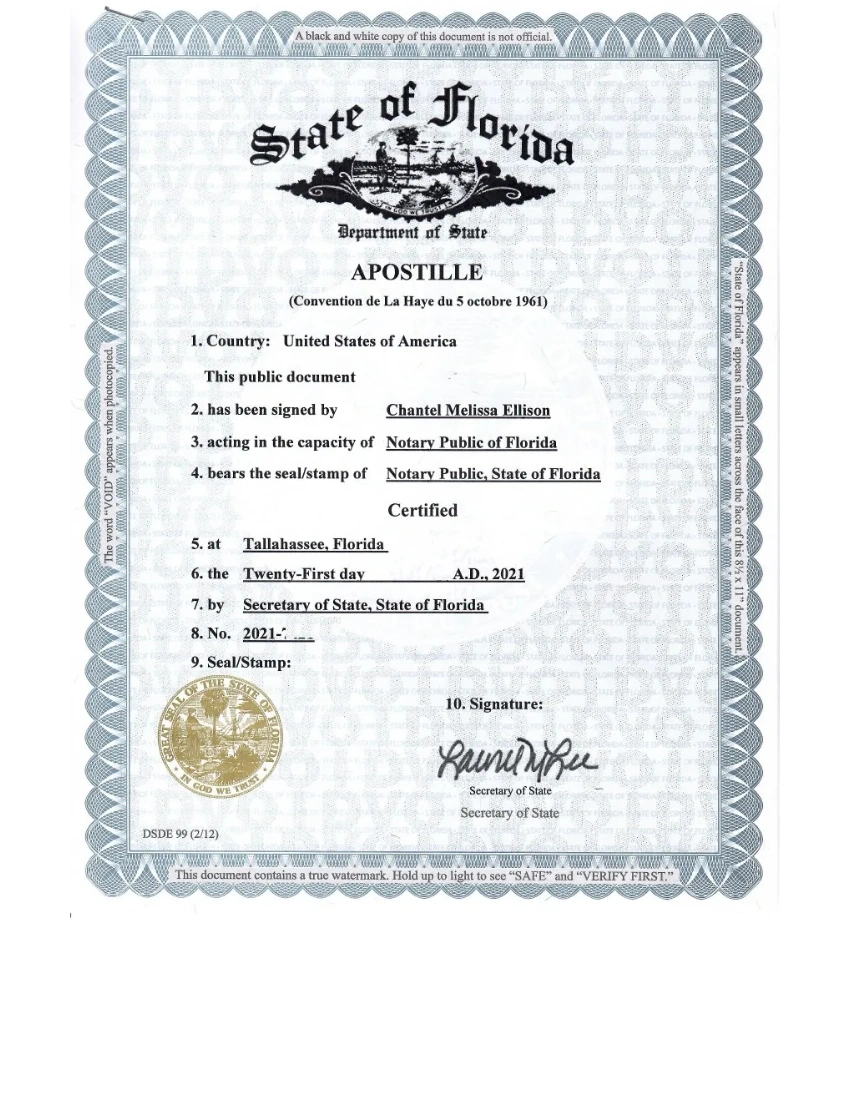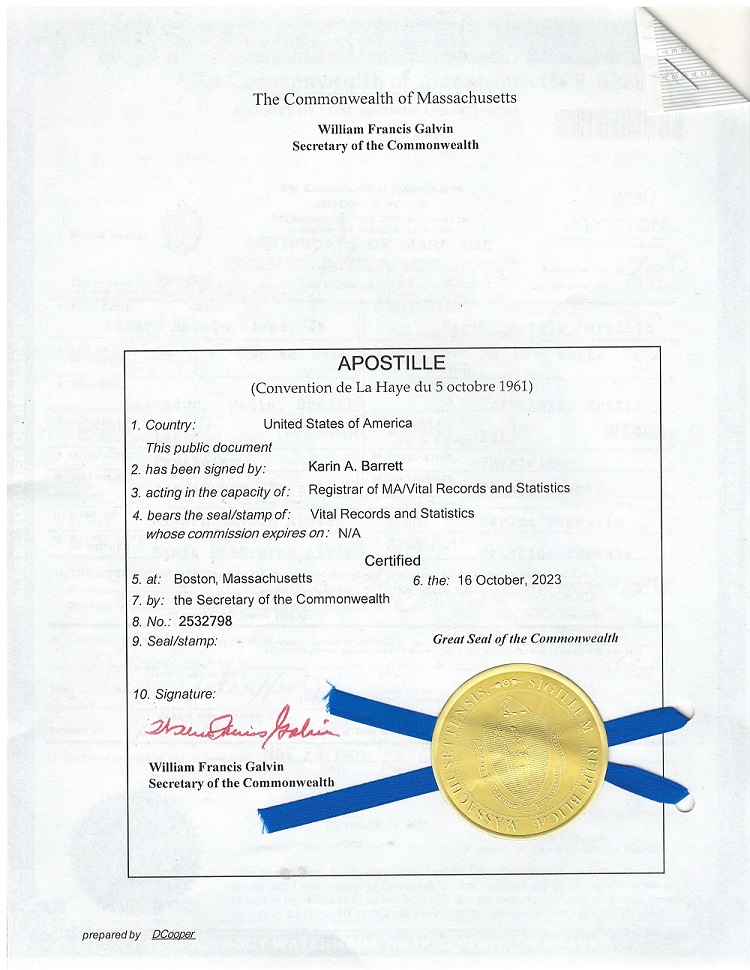Reliable Houston Apostille Solutions - Get Your Records Apostilled
Reliable Houston Apostille Solutions - Get Your Records Apostilled
Blog Article
Looking Into the Reasons Behind the Obligatory Need of Apostille Qualification for Legal Documents
In the realm of legal documentation, the necessary requirement of apostille accreditation has actually ended up being a crucial aspect that considerably impacts the legitimacy and recognition of lawful papers on an international range. Comprehending the rationale behind this necessity includes diving right into the detailed web of legal intricacies, historical precedents, and international arrangements that highlight the value of apostille certification in today's interconnected globe. By discovering the underlying reasons behind this widespread need, a clearer image arises of why this seemingly administrative process holds such immense value for individuals, organizations, and federal governments alike.
Historical Advancement of Apostille Certification
Exactly how did the idea of apostille certification evolve over time to become a necessary component of global paper validation? The demand for a simplified method of verifying files for use throughout boundaries became noticeable as worldwide profession and travel enhanced.
Initially adopted by a few European countries, the Apostille Convention progressively gained global acceptance because of its effectiveness and efficiency in validating the authenticity of main documents. Throughout the years, the convention's reach broadened as even more countries signed up with, identifying the apostille as a generally approved form of file authentication. Today, apostille certification has actually ended up being a conventional demand for confirming legal papers in worldwide transactions, guaranteeing smooth communication and lawful proceedings between nations.
Simplifying International Record Legalization
The streamlining of global paper legalisation procedures has considerably boosted performance in cross-border deals. Simplifying the process of legislating files for international usage has actually become critical in helping with swift and seamless deals between countries. One of the crucial mechanisms that have contributed to this simplification is the adoption of the Apostille Convention, which supplies a standard technique for confirming the credibility of documents throughout taking part nations.
By sticking to the Apostille demands, countries consent to identify each other's public documents as valid without the requirement for more legalisation. This gets rid of the prolonged and commonly troublesome process of multiple verifications by different authorities, conserving time and sources for organizations and individuals involved in global activities.

Making Certain File Authenticity and Validity
To make sure the credibility and legitimacy of lawful documents in global deals, rigorous confirmation procedures are necessary. By needing apostille qualification for lawful documents, authorities aim to confirm the origin of documents and validate the trademarks of individuals involved.
Additionally, click here for more info verifying the authenticity of lawful useful site files with apostille qualification enhances count on and confidence amongst celebrations involving in global transactions. Eventually, by promoting strict verification requirements, apostille certification contributes to a more safe and clear global lawful structure.

Assisting In Cross-Border Legal Acknowledgment
In the world of international deals, the apostille qualification not just ensures the authenticity and credibility of legal files however also plays an essential function in promoting cross-border lawful acknowledgment (Houston Apostille). When lawful papers birth an apostille certification, they are readily accepted by foreign authorities without the requirement for more confirmation. This structured procedure quickens the acknowledgment of records in different countries, promoting efficiency and decreasing administrative obstacles in legal matters that transcend nationwide limits
Promoting cross-border lawful acknowledgment with apostille accreditation fosters trust fund and self-confidence in the authenticity of documents traded between nations. This recognition is particularly crucial in circumstances such as international organization transactions, adoption procedures, or legal process including events from different territories. By adhering to the standards stated by the Apostille Convention, countries agree to recognize the apostille seals affixed to files from various other participant countries, therefore simplifying the process of legal recognition throughout boundaries. Ultimately, the apostille qualification functions as an essential device in advertising smooth international legal cooperation and making certain the smooth operation of cross-border deals.
Conformity With International Treaty Specifications
Compliance with global treaty requirements is essential for guaranteeing the consistent application of legal regulations throughout taking part nations. The Apostille Convention, developed in 1961, outlines the needs for the approval of public papers amongst member nations. By sticking to the requirements stated in this treaty, countries commit to acknowledging the validity of each other's authorities documents without the requirement for more authentication - Houston Apostille. This common acceptance simplifies the process of cross-border Visit Your URL record acknowledgment, promoting effectiveness and lowering governmental hurdles.
The Apostille qualification, as mandated by the treaty, functions as an assurance of credibility for files such as birth certifications, marital relationship licenses, court judgments, and notarized acts. This standard approach aids protect against fraudulence and makes certain that legal documents stemming from one participant country are readily approved in another. By abiding with global treaty criteria, nations show their commitment to upholding the principles of openness, trust, and participation in lawful issues on an international range.
Conclusion

In the realm of lawful documents, the required need of apostille accreditation has actually become a crucial aspect that considerably affects the credibility and acknowledgment of legal papers on a worldwide scale. Today, apostille accreditation has come to be a standard requirement for validating legal documents in international transactions, ensuring smooth interaction and lawful process between nations.
Furthermore, confirming the authenticity of lawful records via apostille accreditation enhances trust and self-confidence among parties involving in international deals.In the realm of global deals, the apostille certification not just makes sure the authenticity and legitimacy of lawful records yet likewise plays a critical duty in facilitating cross-border lawful acknowledgment. By sticking to the requirements set forth by the Apostille Convention, countries concur to honor the apostille seals fastened to files from various other member nations, thus streamlining the process of legal acknowledgment across borders.
Report this page